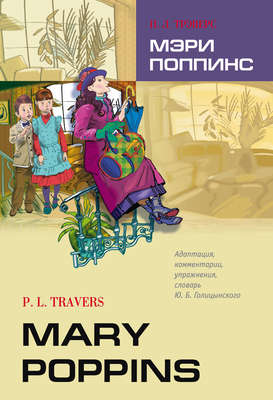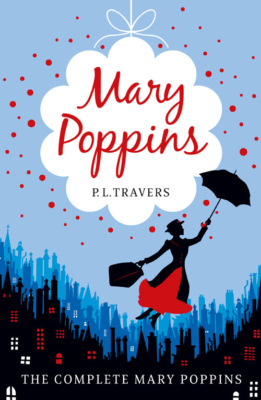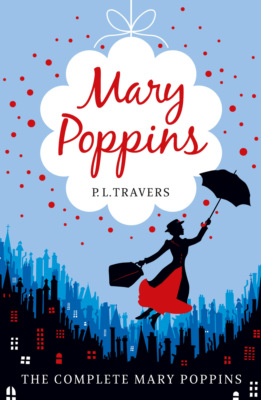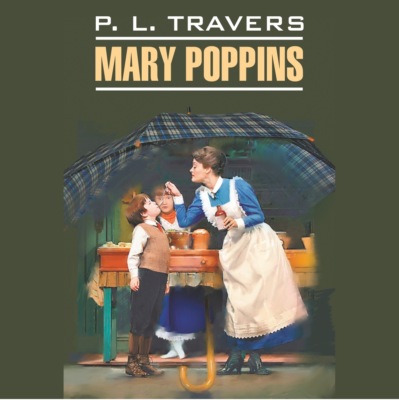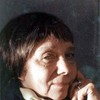Памела Трэверс
 472 abone
472 aboneYeni kitaplar, sesli kitaplar, podcastler hakkında bildirim göndereceğiz
Popüler sesli kitaplar
Bu yazarın tüm kitapları
Tüm kitaplar
Seri olmadan
itibaren ₺675,14
itibaren ₺591,79
Kitaplar Памела Трэверс fb2, txt, epub, pdf formatlarında indirilebilir ya da çevrimiçi okunabilir.
Giriş yapın, yorum yapmak için

